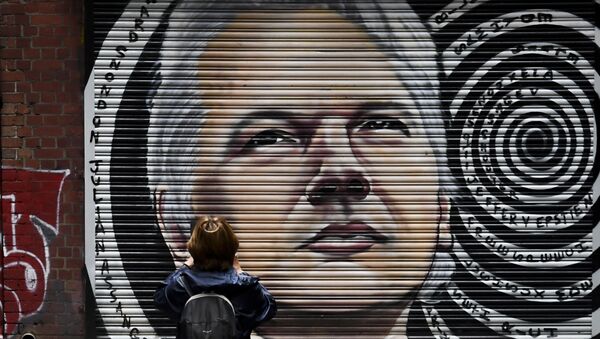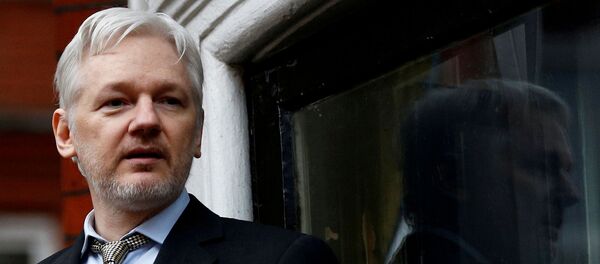With US authorities expected to appeal the decision, Assange’s legal team will now seek to lodge a fresh challenge to have him released from prison this week on bail.
Sputnik spoke with journalist John Steppling, to find out his views about the British judge’s decision not to extradite Julian Assange to the US and to ask just how important the outcome of this trial is for the future of journalism.
Sputnik: Is the British court's decision not to extradite Julian Assange to the US to face trial a victory - and perhaps the first step towards justice?
John Steppling: He should never have been in this position to begin with. That's the first thing that should be borne in mind. And it should colour all subsequent answers to such questions. I mean, it's obviously a good decision. If we're looking at it in a binary case, it's better he's not extradited to the US. Certainly, I'm sure he thinks that. None of this should have ever happened in the first place.
It's been a shocking transgression of all the norms for journalistic autonomy and the legal problems for Julian Assange are not over either. And it's important to remember that, yes, he doesn't have to go to the United States, which would have been a death sentence. It's really important to remember that this whole thing, has been a war against journalism and, in some sense, that war continues. I mean, we're seeing spikes in censorship on all media platforms.
Sputnik: You mentioned censorship there: has this been a politically motivated trial, which has violated human rights and punished investigative journalism?
John Steppling: What gets censored today both overtly, say, as things are removed by media platforms such as YouTube, and then there's this kind of de facto disappearing of of dissenting voices. I mean, the Google search engine is the quintessential example: try it as a thought experiment. Anybody who's reading, go ahead and try this and ask controversial questions of Google Search. It's very kind of Kafkaesque, actually. But this is what people are fed. This is what young people are fed.
Sputnik: How important is the outcome of this trial for media freedom and freedom of expression?
John Steppling: It's important, it's going to have long-lasting repercussions, whatever the result. But even if the result is positive, it doesn't change the fact that all of these institutions - western ideas of democracy, western governments - are ever more sort of morally bankrupt.


